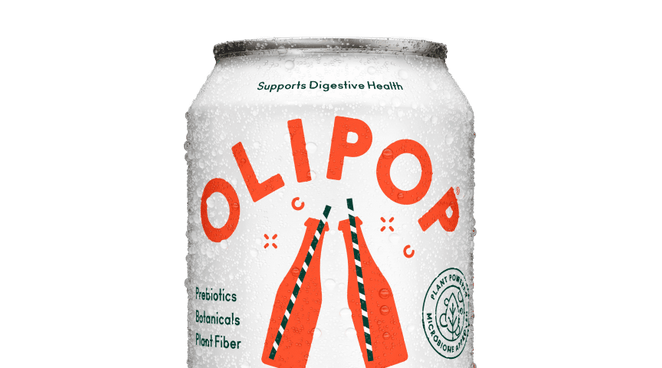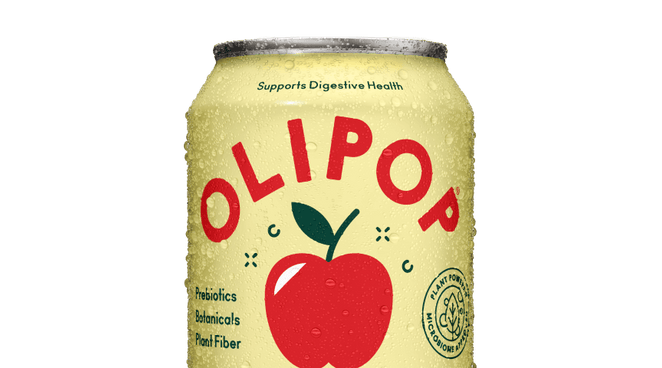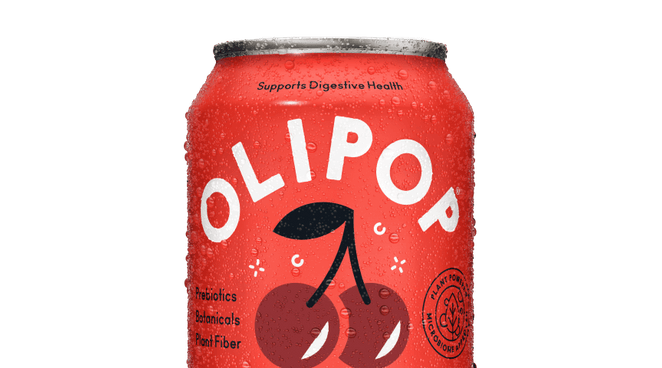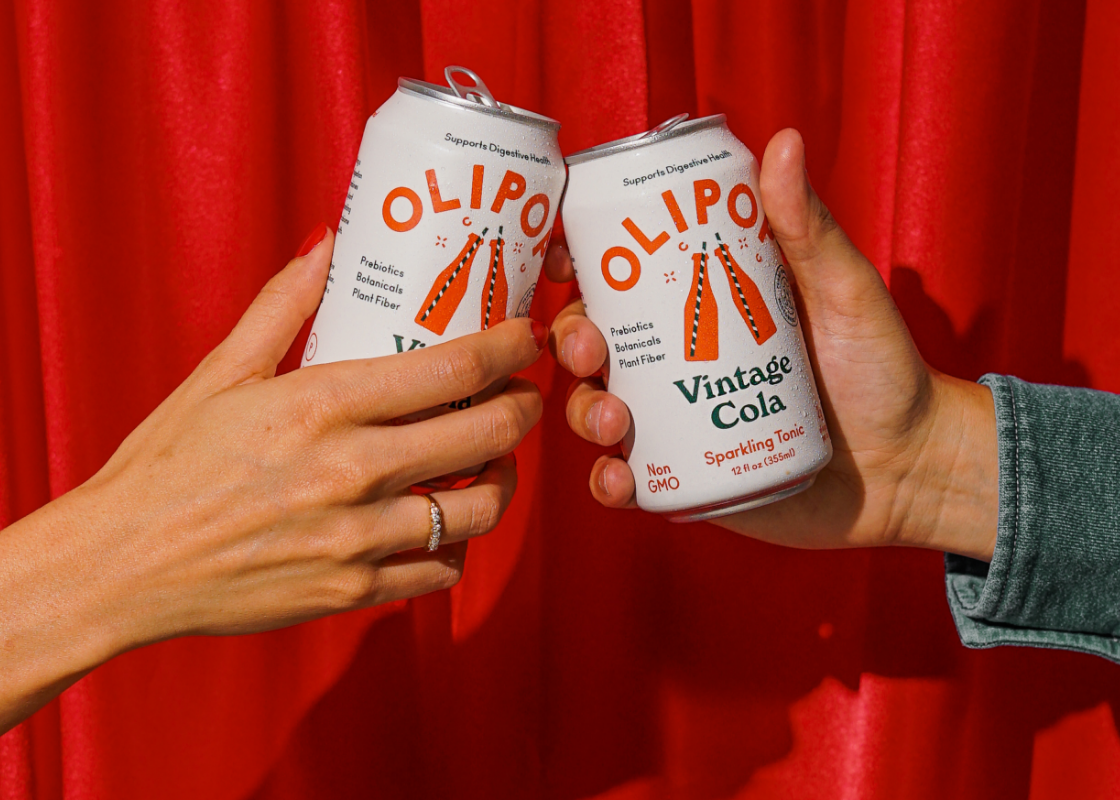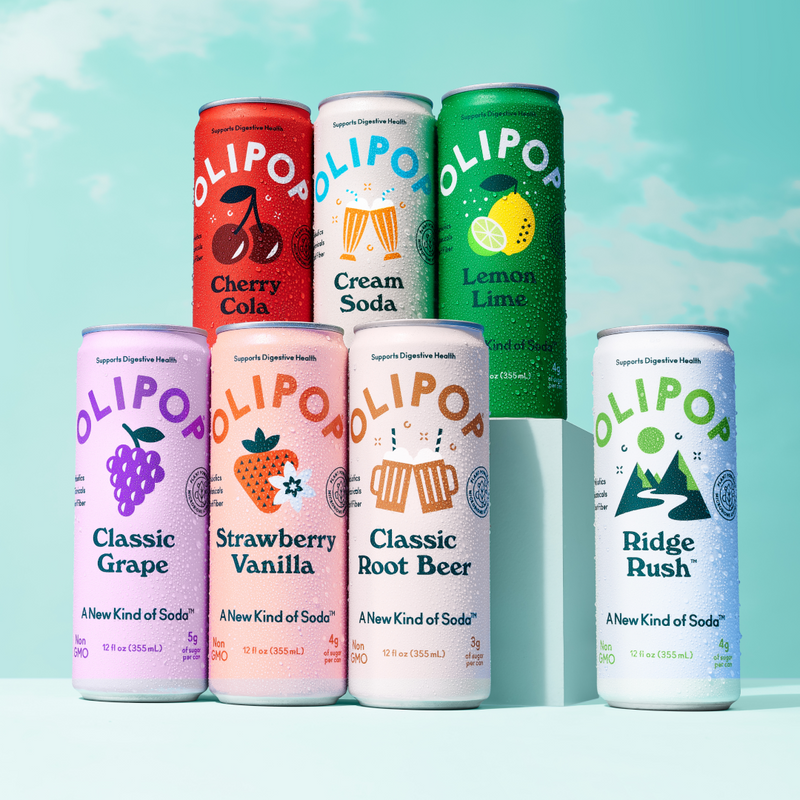About one in five Americans enjoy a diet soda every single day.1 Diet soda uses artificial sweeteners to provide its drinkers a 0 calorie and 0 sugar beverage. A traditional can of soda, on the other hand, can have over 140 calories and over 30 grams of sugar. To some, this makes diet soda the so-called “healthier” option between the two by helping to limit your added sugar intake. But even with zero sugar on the diet label, the only thing healthy about a diet soda is the lack of sugar. Diet soda has zero calories and thus zero nutritional value.
There are nutritious and more delicious alternatives for getting your bubbly fix. In this blog, we'll share four alternatives to diet soda to try instead!
Sparkling Water
Water is the ultimate hydration soda alternative. But for most people looking to replace a fizzy beverage like soda, it can be hard to go cold turkey to plain water. To fulfill your need for a carbonated beverage while still staying healthy, a great choice is sparkling or carbonated water.
Not only does this help keep you hydrated throughout the day but most offer zero calories without any of the artificial sweeteners you’d find in diet soda. To help replace the sweetness of soda, choose sparkling water with a natural fruit flavoring or infuse your sparkling water with fruit from home.
OLIPOP
If you do need something sweeter than sparkling water, options that contain plant-sourced ingredients like stevia leaf (and other ingredients you can pronounce!) may be a better alternative to tackle your sweet tooth. OLIPOP contains natural flavors, 6-9 grams of fiber, and 2-5 grams of sugar.
What’s even better is that OLIPOP is more than just a sugary soda replacement, but supports your digestive health thanks to a combination of plant fiber and prebiotics. These help support your microbiome and benefit your digestive health while creating a sweet and nutritious taste that even a sugar-loaded soda can’t compete with.
Want to learn more about how OLIPOP’s ingredients support your digestive health? Check out our blog post on OLIPOP & Digestive Health: Everything You Need To Know or shop our sodas to experience those digestive health benefits first-hand!
Coconut Water
Another super hydrating soda alternative option is coconut water. Coconut water comes from the center of young, green coconuts and has a sweet, almost nutty flavor.2 Not only does it contain way less sugar than regular soda but it’s also low in calories, free of fat and cholesterol, and contains powerful electrolytes like potassium to replace any fluids you lose throughout the day or after a tough workout. This makes it a much healthier but also sweet-tasting option to help kick your soda habit.
Coffee or Tea
For some people, the goal of soda is the caffeine boost that the drink provides. To replace that caffeine, a great place to turn is coffee or tea. Both of these drinks offer numerous health benefits and can substitute for soda sweetness by adding milk or other dairy products. However, be careful not to add too much sugar to your coffee or tea, or else you’ll just end up replacing one high-sugar beverage with another!
Alternatives to Diet Soda: The Takeaway
Although it can limit your sugar and calorie intake, diet soda doesn't offer any kind of nutrition. While the jury is still out on the exact role diet soda plays on your health, it’s safe to say that there is some relationship between a high intake of diet soda and negative health outcomes.
Thankfully, there are some delicious and nutritious options out there such as sparkling water, OLIPOP, coconut water, and coffee or tea, that can provide a bubbly fix without all that extra added sugar. With the help of these options, it’s easy to kick that diet soda habit to the curb!
Sources
- Fakhouri, Tala H.I., et al. “Consumption of Diet Drinks in the United States, 2009‒2010.” Centers for Disease Control and Prevention, Centers for Disease Control and Prevention, 6 Nov. 2015, www.cdc.gov/nchs/products/databriefs/db109.htm.
- Zelman, Kathleen M. “The Truth About Coconut Water.” WebMD, WebMD, www.webmd.com/food-recipes/features/truth-about-coconut-water.
- Diet soda has zero calories and thus zero nutritional value.
- Some bubbly alternative options include OLIPOP, sparkling water, coconut water, or coffee or tea for your caffeine fix.


